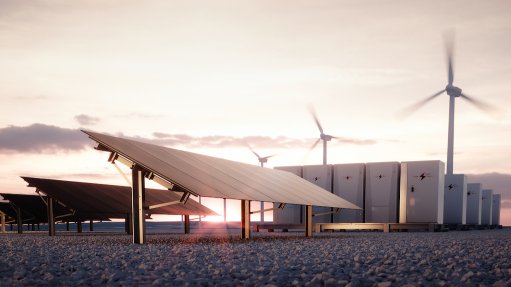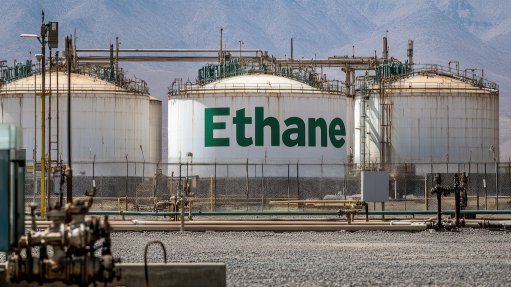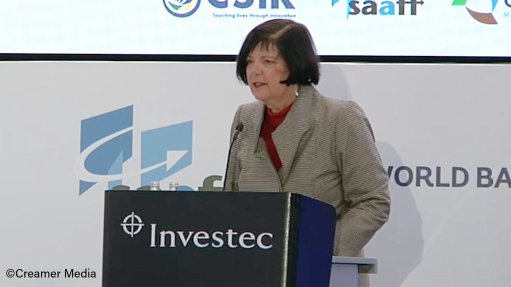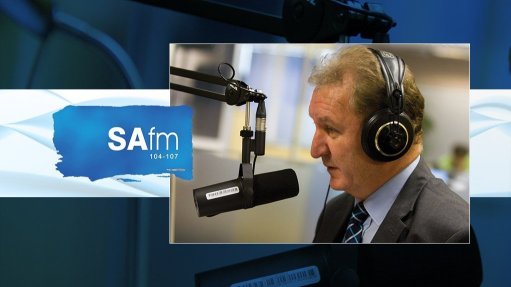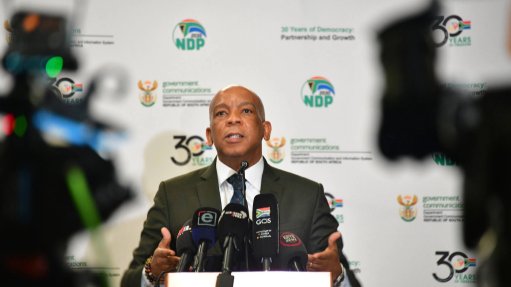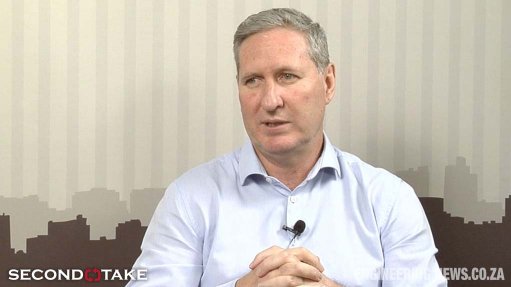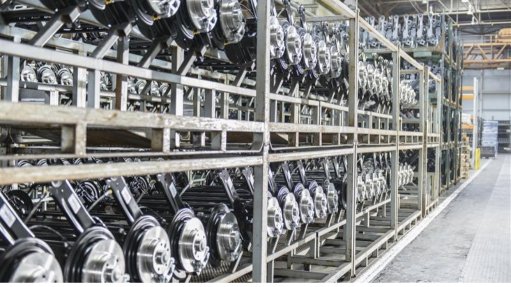We should rather have an investment Cabinet
It was a week that saw the UK agreeing to gift South Africa with £50-million only days after President Cyril Ramaphosa, who was in London to attend the Commonwealth Heads of Government Meeting, had launched a new investment drive.
This is quite a busy sentence, but then it was quite a busy week. To add to the ‘excitement’, Ramaphosa cut short his attendance of the Commonwealth summit to deal with violent protests in the North West province. There are a number of ironies in the sentence.
While in London, Ramaphosa also met with Queen Elizabeth II, who, days earlier, had lost her last corgi after eight decades of breeding. You would be interested to know that the word corgi is from Welsh – ‘cor’ means dwarf, and ‘gi’ dog. News of the queen’s loss broke at the same time as news of the passing of Verne Troyer, Mini Me of the trilogy of Austin Powers movies.
What a week it was. At first glance, it might appear as a list of random events, but is it? South Africa is in search of ‘foreign investment’. Should it not be foreign direct investment, or FDI? The target is $100-billion in new investments over the next five years. Why did the President not express his investment desire in rand terms in his statement of April 16? Is R1 208 468 000 000, or R1.2-trillion, too big and intimidating a number?
Just over three months before, on January 13, the President had said: “South Africa is open for investment and we invite all investors from all over the world to come to South Africa to invest in our country so that we can grow our economy, create jobs, and end poverty.” One-month-and-a-half later, Parliament passed a motion for land expropriation without compensation. Also seemingly forgotten is that, in 2015 and 2016, South Africa terminated a number of bilateral investment treaties (BTIs). I have not seen a single reference to BTIs following the President’s statement. Why is that?
The UK’s gift is meant to “help South Africa improve its business environment to make it more attractive to investors, including in the UK, and ultimately lift some of the poorest people in South Africa out of poverty by creating jobs and opportunities”.
There are simply too many unreconcilable and polar-opposed economic objectives here. In any first-year economics course, you will be taught that individuals seek to maximise their utility (benefit), while businesses want to maximise profits. Similarly, investors want to maximise their returns. Investing is anything but a random act of kindness. It is a cold and clinical business decision.
For the life of me, I cannot see why any foreigner, given South Africa’s prevailing economic conditions, would be enticed to invest, particularly if he or she has ‘complete information’. Although some might argue that it is early days, there has been only marginal change on RMS South Africa. It is still the same ship (ruling party), essentially the same crew (Ministers/State-owned enterprise leaders), only slight changes, and pursing the same course (policy). For much too long, South Africa has been punching way above its economic and political weight, while it essentially is a ‘coreconomi’ – a dwarf economy.
Rather than appointing a party of five ‘special envoys on investment’, inclusive of an economist, the President would have been better advised to put together an investment Cabinet that is similar to a War Cabinet. If the intention is to “ensure that this becomes an era of investment, growth, job creation and meaningful economic transformation”, then it should be a focused job for Cabinet, not for five people.
As a reminder, since 2008, real gross domestic product growth has never exceeded 3.3% a year, and, since 2014, it has not reached 2% and is not expected to reach this level in 2018. The National Development Plan (NDP) envisages 5.4%, while the World Bank calculates that 8% would be needed to achieve the NDP’s goals. Will the investment drive follow in the footsteps of South Africa’s other economic plans and similarly fizzle out?
Comments
Press Office
Announcements
What's On
Subscribe to improve your user experience...
Option 1 (equivalent of R125 a month):
Receive a weekly copy of Creamer Media's Engineering News & Mining Weekly magazine
(print copy for those in South Africa and e-magazine for those outside of South Africa)
Receive daily email newsletters
Access to full search results
Access archive of magazine back copies
Access to Projects in Progress
Access to ONE Research Report of your choice in PDF format
Option 2 (equivalent of R375 a month):
All benefits from Option 1
PLUS
Access to Creamer Media's Research Channel Africa for ALL Research Reports, in PDF format, on various industrial and mining sectors
including Electricity; Water; Energy Transition; Hydrogen; Roads, Rail and Ports; Coal; Gold; Platinum; Battery Metals; etc.
Already a subscriber?
Forgotten your password?
Receive weekly copy of Creamer Media's Engineering News & Mining Weekly magazine (print copy for those in South Africa and e-magazine for those outside of South Africa)
➕
Recieve daily email newsletters
➕
Access to full search results
➕
Access archive of magazine back copies
➕
Access to Projects in Progress
➕
Access to ONE Research Report of your choice in PDF format
RESEARCH CHANNEL AFRICA
R4500 (equivalent of R375 a month)
SUBSCRIBEAll benefits from Option 1
➕
Access to Creamer Media's Research Channel Africa for ALL Research Reports on various industrial and mining sectors, in PDF format, including on:
Electricity
➕
Water
➕
Energy Transition
➕
Hydrogen
➕
Roads, Rail and Ports
➕
Coal
➕
Gold
➕
Platinum
➕
Battery Metals
➕
etc.
Receive all benefits from Option 1 or Option 2 delivered to numerous people at your company
➕
Multiple User names and Passwords for simultaneous log-ins
➕
Intranet integration access to all in your organisation






